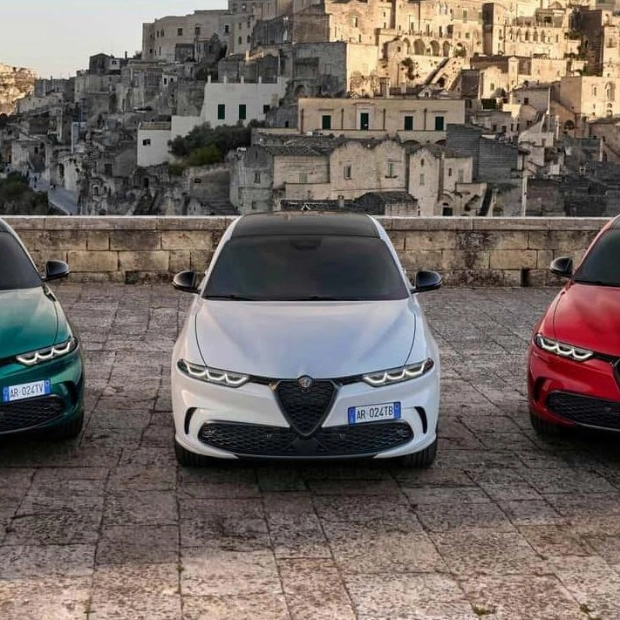Humanity has achieved significant progress in recent decades: air quality has improved, poverty, deforestation, and childhood mortality rates have decreased, and gasoline cars—and possibly coal—are becoming obsolete. This optimistic perspective on current affairs might surprise some, but not Hannah Ritchie, a Scottish data scientist whose debut book allows the data to speak for itself.
"We simply don't realize how dire the past was," Ritchie explained to AFP from Edinburgh. "People are unaware that at least half of children died, that diseases were widespread, that most lived in poverty, and that hunger was prevalent." Her book, "Not the End of the World," provides a data-rich rebuttal to the notion that everything is heading in the wrong direction, and suggests potential strategies for addressing today's urgent challenges, including climate change.
As the lead researcher at Oxford University's Our World in Data website, Ritchie is cautious not to underestimate the climate crisis. "If you lean too heavily in one direction, I don't believe you're presenting the full picture. We need to be realistic about the challenges we face," she said. "It's not helpful to deny, downplay, or not take the issue seriously. But we also need to focus on solutions to drive progress."
Ritchie noted that the solutions are not always clear-cut and that focusing on personal actions can sometimes be misdirected. She criticized the tendency in affluent countries to promote behaviors with minimal impact, such as recycling or turning off electronic devices, while continuing to drive, fly, and consume meat. She also cautioned against assuming that anything natural is inherently good, pointing out that activities like gathering around a campfire, while seemingly natural, can release harmful smoke.
Ritchie advocates for lab-grown meat, nuclear power, and genetically modified organisms (GMOs) as part of her approach to environmental issues. "I don't enjoy being controversial. I'm just committed to the truth," she stated. Her data-driven insights often challenge conventional wisdom about environmental conservation.
For instance, reducing plastic bag and bottle consumption in Europe might appear beneficial, but the majority of oceanic plastic originates from Asia, where waste management systems are less stringent. "If all Europeans stopped using plastics, the world's oceans would barely notice the change," Ritchie wrote in her book. She also highlighted the efficiency of palm oil production compared to alternatives like soybean and coconut, suggesting that a boycott could require more farmland.
Synthetic fertilizers, another target of environmental campaigns, are crucial for feeding half of the world's population. "The reality is that the world cannot go fully organic. Too many people depend on fertilizers for survival," Ritchie wrote, noting that many countries could still reduce their fertilizer usage. She criticized "zombie statistics"—repeatedly circulated false data—such as the claim that global soils would be depleted after 60 more harvests, which lacks a reliable source.
Ritchie frequently returns to the topic of food in her book, recognizing its significant impact on global warming. While energy, which accounts for over three-quarters of greenhouse gas emissions, is undergoing transformation with electric cars and solar energy, the food system, which represents about a quarter of emissions, is lagging behind.
"Food is deeply tied to personal identity... It's much harder and slower to change," Ritchie observed. "I'm not convinced that people will shift from meat to traditional plant-based products. For the large-scale, rapid change needed, people aren't likely to turn to lentils and tofu."






